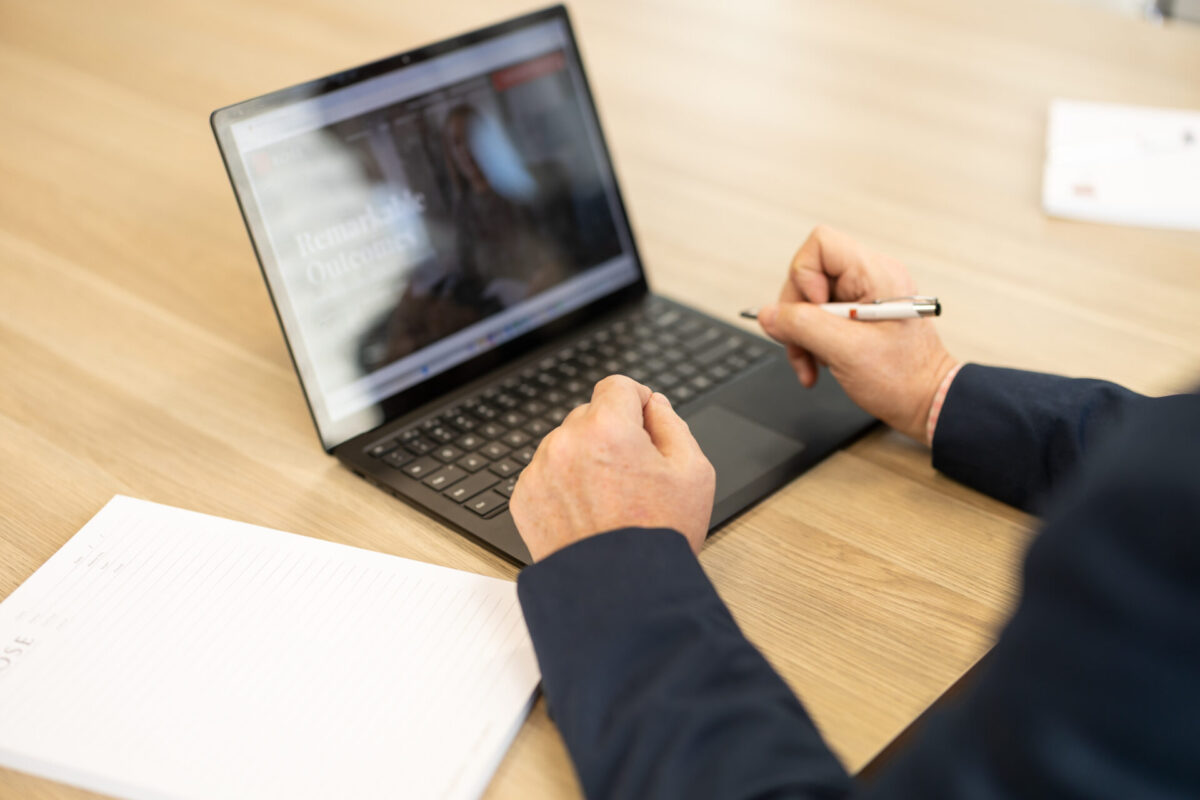On 24 March 2025, Freeburn J of the Supreme Court of Queensland dismissed an application by the first defendant, Airservices Australia (ASA), to strike out parts of a statement of claim filed by Brisbane Airport Corporation (BAC). The proceeding concerns alleged chemical contamination of land at Brisbane Airport caused by firefighting activities.
BAC alleges that ASA, and its predecessor the Civil Aviation Authority (CAA), used firefighting foams between 1988 and 2010 containing various synthetic chemicals known as PFAS.
BAC claims those substances contaminated soil, surface water, and groundwater within and beyond the airport site. ASA became the statutory successor to CAA in 1995, inheriting its liabilities under the Civil Aviation Legislation Amendment Act 1995 (Cth).
ASA sought to strike out several categories of allegations, arguing that BAC had failed to properly plead causation.
In particular, ASA contended that the Uniform Civil Procedure Rules 1999 (Qld) required BAC to specify:
- Which firefighting product was used;
- Whether it was used by ASA or CAA;
- The particular PFAS compound allegedly resulting;
- The transmission medium (e.g., soil, water);
- The affected location; and
- The concentration present.
Justice Freeburn rejected that argument, holding that those “six descriptors” constituted evidentiary detail, not material facts.
His Honour reiterated that pleadings must disclose the material facts that form the “factual skeleton” of the case, not the evidence by which they will be proved.
He cited Mio Art Pty Ltd v Macequest Pty Ltd (2013) 95 ACSR 583 in reaffirming that rule 149(1) of the UCPR requires brevity and clarity in identifying the essential elements of a cause of action without delving into evidentiary minutiae.
His Honour found that BAC had sufficiently pleaded the causal link between the use of the firefighting products and the alleged contamination. The further detail sought by ASA, while potentially useful in cross-examination or at trial, did not render the statement of claim deficient.
ASA also argued that BAC’s nuisance claim improperly “rolled up” allegations about both ASA and its predecessor, CAA, without distinguishing their respective conduct.
Justice Freeburn rejected this as well, finding the pleading adequately set out the conduct of each entity.
He noted that BAC identified a clear transition point (6 July 1995) marking when ASA succeeded CAA, and that it was not fatal to the claim that BAC might ultimately struggle to prove which entity caused which part of the harm. That was a matter for evidence, not pleadings.
Ultimately, Freeburn J found the impugned paragraphs met the UCPR threshold and declined to strike them out.
His Honour further observed that the strike-out application had been brought very late in the litigation, after expert evidence had already been exchanged. That delay, coupled with the sufficiency of the pleadings, was a further reason to refuse the application.
This decision reinforces several principles of pleadings:
- Parties must plead the essential facts that form the basis of their claims, not the detail or proof supporting them.
- A pleading need not satisfy the opposing party’s wish list for detail—it need only disclose the cause of action and identify the real issues for trial.
- Allegations against successive defendants can be pleaded together, provided their respective conduct is sufficiently identified.
- Courts may be reluctant to entertain strike-out applications brought late, especially where significant evidence has already been exchanged.
If you want to avoid the pitfalls of pleading out your case, or want it pleaded properly, call Rose Litigation Lawyers.
The content of this publication is intended to provide a summary and commentary only. It is not intended to be comprehensive nor does it constitute legal advice, and has been prepared based on applicable legislation and case authority at the date of publication. You should seek legal advice on specific circumstances before taking any action.
| Gold Coast | Brisbane |
| Phone: 07 5574 0011 | Phone: 07 3211 2922 |
